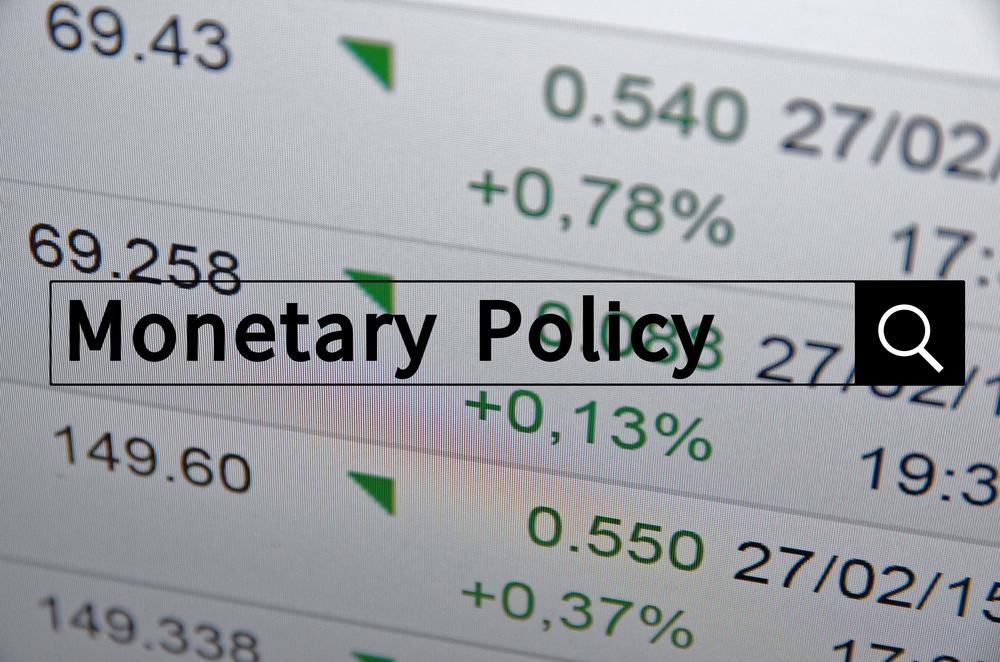Central Bank Meetings Begin

Please note that we are not authorised to provide any investment advice. The content on this page is for information purposes only.
Japan’s trade balance was worse than expected in September. It posted a JPY114.
Japan’s trade balance was worse than expected in September. It posted a JPY114. bln deficit. The expectation was a small surplus. Exports rose a mere 0.6% compared with expectations for a 3.8% increase. In volume terms, exports have fallen nearly 4%. It is hard to see how so many people think a 3.5% decline in the Chinese yuan will help boost their exports while a much larger decline in the yen has failed to boost the volume of Japanese exports. It is also noteworthy that the volume of Japan’s oil imports rose 1.1%, despite the weakness in the domestic economy. In value terms, oil imports are off 44%. These trade figures do not alter my expectation that the BOJ stands pat next week.
The Bank of Canada meets today. It is widely expected to maintain its neutrality. The majority Liberal government platform suggest greater fiscal support will be forthcoming. This too may take off some of the residual pressure on the central bank to ease monetary policy further. While many expect the Bank of England to follow the Federal Reserve as the major bank to raise rates, there is beginning to be talk that Canada could be third, but not until 2017. A break of the CAD1.30 range may set the tone for the next week or two.
The ECB meets tomorrow. While the emphasis will be the flexibility of QE, the tempered dovishness may disappoint some market participants. Narrow ranges have prevailed since last Thursday’s reversal. However, the risk of disappointment may favor the upside near-term. Specifically, the $1.1320-$1.1330 area may offer a springboard to retest the $1.1400-$1.1425 area.
The big jump in US 4-week T-bill yield reflects growing anxiety of the US debt ceiling issue. At the end of last week, the 4-week T-bill had a negative yield, but it shot up to 13 bp at its worst yesterday before settling near 6.5 bp. Even at 13 bp the yield, of course, is still very low. Nevertheless, the importance is that the debt ceiling debate could still have an adverse market impact.
A Few Brief Thoughts is republished with permission from Marc to Market




